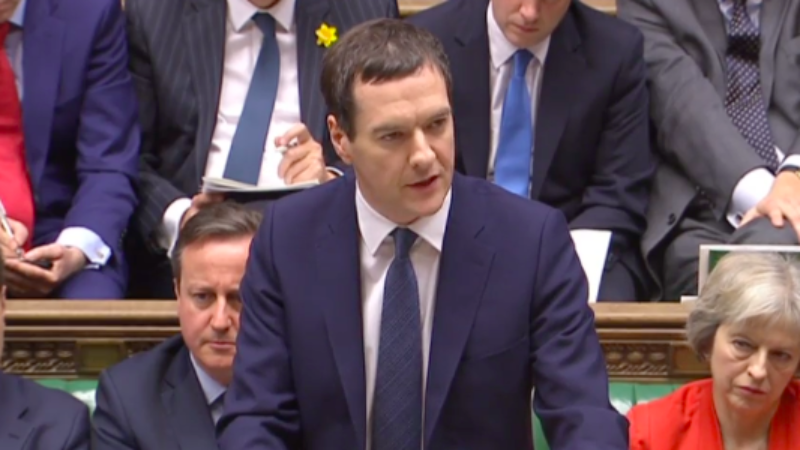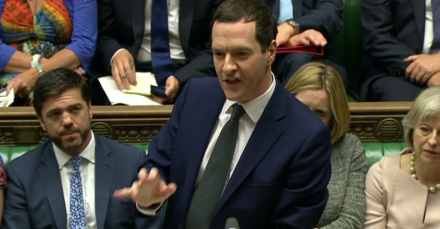

There were many things in yesterday’s Budget that anyone with a sense of fairness and balance should object to. But nothing that shows more contempt for the cause of reducing structural inequality, than the cut in the Capital Gains Tax (CGT) rate.
Let me be clear, I am someone who will benefit from this cut. I have created and sold more than one company and invest frequently in other people “having a go” and trying to do the same. I can tell you both from my own experience and from nearly all the data on what incentivises investment in new businesses, that cutting the CGT tax rate will have little to no impact. It is a deception.
According to HMRC data, a large part of the capital gains generated today are from trading in listed securities. This does not increase actual investment into companies themselves. It does not lead to new investment, or to increased spending on R&D and innovation or to improved training or job creation.
Of course there are some very good arguments for incentivising a certain kind of risk taking, but if the objective was increasing investment into small and early stage businesses, then the focus should have been on widening and deepening tax initiatives like the Enterprise Investment Scheme, (EIS).
Through schemes like the EIS, a tax break is earned when money is invested directly into early stage companies for the longer term. Money that can be used to develop and grow the business, to create jobs (and often higher value jobs) to create technology and hopefully exports. Things this country desperately needs and from which we all ultimately benefit.
But the arguments against this CGT rate cut are not just economic. The cuts also compound the inherent unfairness of the CGT regime. Why should somebody who sits at home and makes short term speculative bets on the stock market pay a tax rate of only 20 per cent, when a head teacher or an accountant or doctor for example, have to pay a tax rate of 45 per cent?
Like many others I also object to some of the obscene salaries some CEO’s get paid, but I console myself with the knowledge that 45 per cent of that salary is paid to the Exchequer in the form of income tax. To me it is clear that at least on a relative basis, we are over taxing employment income and under taxing capital gains. And of course it is the already wealthy, that have the capital, to gain from.
Which leads us back to inequality. Forty years of growing inequality are rupturing the very foundations of our society. Today the top 85 richest people in the world own the same as the bottom 3 billion. This egregious inequality is largely caused by countries not properly taxing profits on already established wealth. It is not caused by tax rates on employment being too low on the richest 5 per cent. It is caused by the accumulation of wealth by the top 0.5 per cent, who make money through investing their capital and pay ever lower rates of tax on their profits.
This phenomenon also damages the wider economy. Those who still cling on to a belief in trickle down economics need to be wielded out to pasture. The top 0.5% will not increase their spending plans because of this cut in CGT. They will simply accumulate more wealth to pass down to their offspring.
Make no mistake, this CGT cut is a giveaway to the already wealthy and an incentive to speculation. It worsens a system that already unfairly rewarded those who just use their capital at the expense of those who work hard. Sadly this tax cut has nothing to do with promoting real investment, something we desperately need to do.
Simon Franks is founder and chairman of thefff.org. He also serves on the advisory board of the Labour campaign for International Development, the advisory board of Campaign Bootcamp, is International Chairman of the Lake Clinic in Cambodia and advisor to Tilganga Hospital in Kathmandu. In business he founded Redbus and was co-founder of Lovefilm and lead investor in a number of successful early stage businesses.




More from LabourList
MPs, union leaders and organisations react to ‘bruising’ Gorton and Denton result
A gory night for Labour
‘SEND reforms are a crucial test of the opportunity mission’